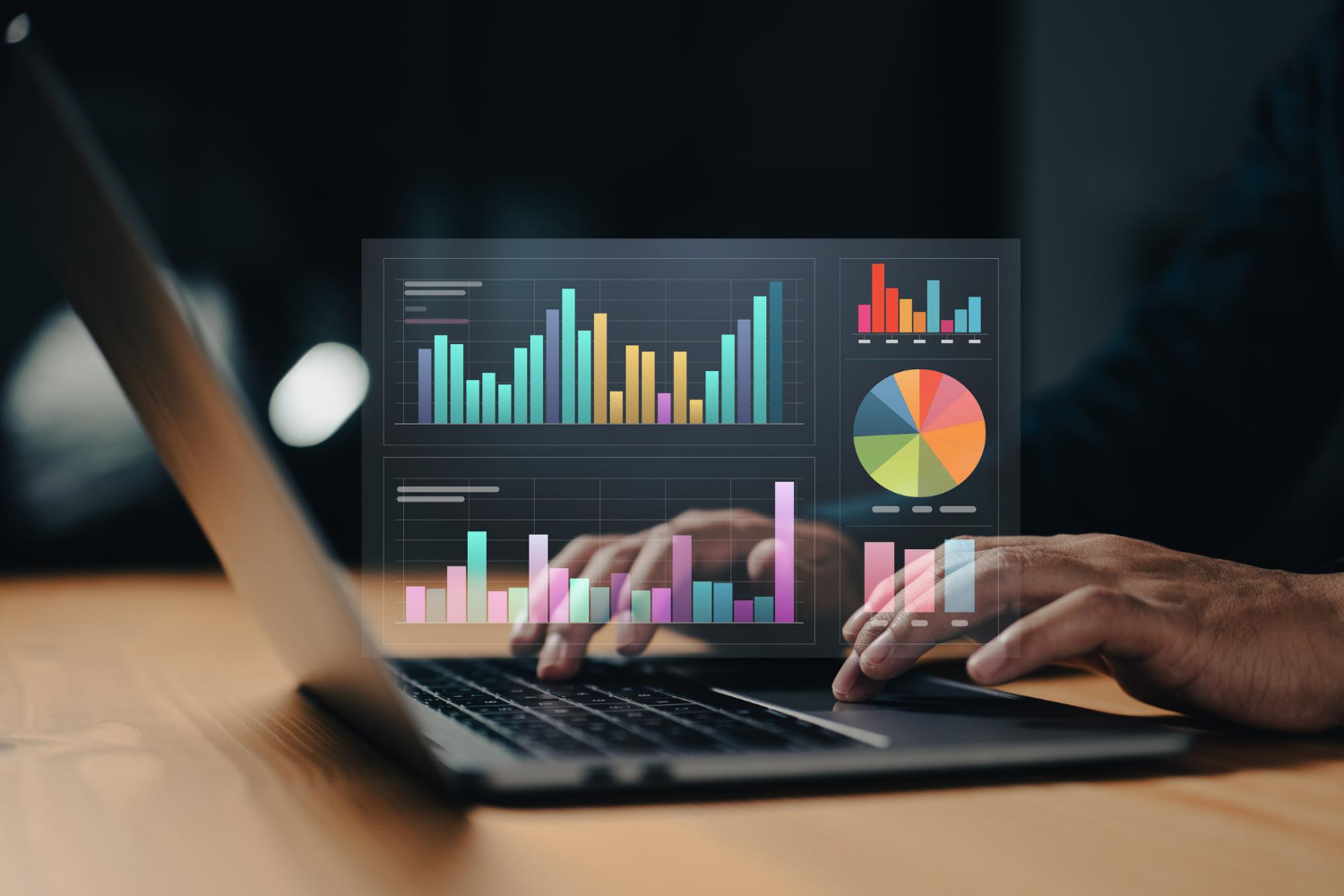After a 12-year legal battle, Google has agreed to pay $23 million to settle a class action lawsuit brought by consumers who claimed that the company’s search engine shared their queries with advertisers or other third parties without their permission.
Originally filed in 2010, the lawsuit alleged that when a Google user clicked on a link in search results, the site shared the search terms entered with third parties, potentially revealing personal information about the searcher. According to the suit, advertisers pay Google to see what search terms led consumers to a particular page.
The suit further alleged that Google’s data-sharing practices violated both the Stored Communications Act, a federal law that governs access to records held by internet service providers, and state laws in California. The proposed settlement now needs court approval to become final.
Under the proposed settlement, an estimated 200 million U.S. web users who conducted Google searches between October 25, 2006, and September 30, 2013, will be eligible to put in a claim for a portion of the settlement fund. Additionally, the settlement requires Google to provide added disclosures to consumers about sharing search terms. This is not the first time that Google has attempted to settle this lawsuit.
In 2013, the company had agreed to donate $5.3 million to six non-profit organizations and schools and more than $2.1 million to the attorneys who brought the lawsuit. However, the deal was questioned by Ted Frank of the Center for Class Action Fairness, who argued that it didn’t adequately compensate Google’s users. The case went to the Supreme Court, which returned the matter to the District Court to decide a separate issue – whether the allegations, if proven true, would show that Google caused concrete harm to users by transmitting their search queries to publishers.
Google denies any wrongdoing and has stated that it no longer transmits search queries when people click on links in the search results. However, this settlement serves as a reminder that companies, even those as large and powerful as Google, must be held accountable for their actions and ensure that they respect and follow state and federal laws designed to protect consumer privacy.
This settlement comes two months after Google settled a data privacy case for $392 million with 40 states. In that case, the tech giant stored user location data regardless of a user’s privacy settings. Google allegedly misled users by tracking their locations even when they were logged out of Google apps. The state attorneys general in the investigation said Google was using the location data to target consumers with ads related to their location data, making it easier to identify a person’s identity and routines and violating consumer protection laws.
Google’s $23 Million Data Privacy Settlement: A Drop in the Bucket for the Tech Giant
While a $23 million settlement may seem like a large amount of money, it is crucial to consider the financial situation of the company in question. In the case of Google, a $23 million settlement is a relatively small amount. With a market capitalization of over $1.5 trillion, Google is one of the most valuable companies in the world. A $23 million settlement is less than 0.0015% of Google’s market capitalization.
Additionally, it is worth noting that the lawsuit in question has been ongoing for 12 years. The $23 million settlement is not a one-time cost for Google but rather the culmination of years of legal fees and expenses.
It is also worth considering that Google is a company that makes most of its revenue from advertising. With a market share of 92.18% of the global search engine market, Google is the dominant player in the search engine industry. Google’s advertising revenue for 2020 was $134.8 billion, meaning that $23 million is a trivial amount for the company.
In light of this, it’s clear that the $23 million settlement is not a significant financial burden for Google. However, it is still important to remember that the settlement serves as a reminder of the importance of data privacy and the potential consequences of not complying with data privacy laws.
Avoiding Data Privacy Lawsuits: How CDP Platforms like LayerFive Can Help Companies Protect Customer Data
- Data Governance: CDP platforms provide a centralized location for storing and managing customer data, allowing companies better to control access to and use of that data. This can help companies comply with data privacy regulations such as GDPR and CCPA. By clearly understanding what data is being stored and how it is being used, companies can ensure that they are not violating any data privacy laws.
- Data Anonymization: CDP platforms offer the ability to anonymize customer data, making it impossible to identify individual customers. This can help companies avoid data privacy violations related to personal data. By removing any personally identifiable information (PII) from customer data, companies can reduce the risk of data breaches and ensure that they are not collecting or using data in a way that is not compliant with data privacy laws.
- Data Masking: CDP platforms can mask sensitive data, such as credit card numbers, to protect it from unauthorized access. This can help companies avoid data breaches and protect sensitive data from unauthorized access.
- Auditing and Tracking: CDP platforms can track and audit data usage, making it easier for companies to detect and address data privacy violations. Companies can quickly identify and address any data privacy issues by having a clear record of who has accessed customer data and for what purpose.
- Consent Management: CDP platforms can help companies manage customer consent for data collection and usage, ensuring that they only collect and use data that customers have explicitly agreed to. By having a clear consent management process in place, companies can ensure that they are collecting and using data in a way that complies with data privacy laws.
- Data Deletion: CDP platforms can help companies delete personal data on request, allowing customers more control over their data and reducing the risk of data breaches. By having a clear process for data deletion, companies can ensure that they are not unnecessarily retaining customer data and are not at risk of data breaches.
- Segmentation and Personalization: CDP platforms can help companies segment their customers and personalize their communication, allowing them to be more transparent with customers about how their data is used and for what purposes. By being transparent with customers about how their data is being used and giving them more control over their data, companies can reduce the risk of data privacy violations and build trust with their customers.
In Conclusion
Data privacy is becoming an increasingly important issue for companies as consumers become more aware of their rights and governments continue to implement stricter data privacy regulations.
Companies must be vigilant in their data handling practices to avoid legal action, such as the class action lawsuit against Google, which resulted in a $23 million settlement.
Customer Data Platforms like LayerFive can help companies better manage and protect their customer data, reducing the risk of privacy violations. CDPs can provide features such as data governance, data anonymization, data masking, auditing and tracking, consent management, data deletion, and segmentation and personalization.
These features can help companies to ensure compliance with data privacy regulations and protect customer data from potential breaches. Overall, companies must be proactive in protecting customer data to avoid legal action and build trust with their customers.
About LayerFive
Are you worried about staying compliant with data privacy laws and avoiding costly legal action? Look no further than LayerFive, a customer data platform that can help you manage and protect your customer data.
With features such as data governance, data anonymization, data masking, auditing and tracking, consent management, data deletion, and segmentation and personalization, LayerFive can assist you in ensuring compliance with data privacy regulations and protecting customer data from potential breaches.
Contact us today to learn more about how LayerFive can help you comply with privacy laws and protect your customers’ data.



